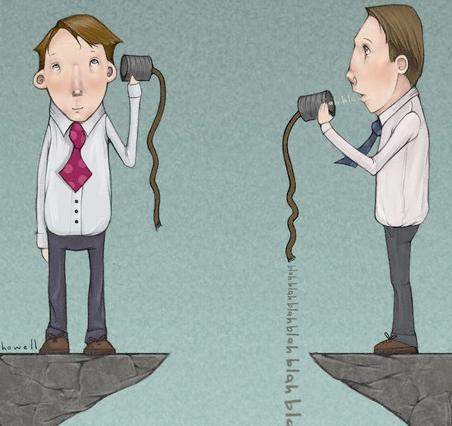Wouldn’t it be wonderful to travel to a foreign country without having to worry about the nuisance of communicating in a different language?
In a recent Wall Street Journal article, technology policy expert Alec Ross argued that, within a decade or so, we'll be able to communicate with one another via small earpieces with built-in microphones.
No more trying to remember your high school French when checking into a hotel in Paris. Your earpiece will automatically translate “Good evening, I have a reservation” to Bon soir, j'ai une réservation – while immediately translating the receptionist’s unintelligible babble to “I am sorry, Sir, but your credit card has been declined.”
Ross argues that because technological progress is exponential, it’s only a matter of time.
Indeed, some parents are so convinced that this technology is imminent that they’re wondering if their kids should even learn a second language.
Max Ventilla, one of AltSchool Brooklyn’s founders, recently told The New Yorker
…if the reason you are having your child learn a foreign language is so that they can communicate with someone in a different language twenty years from now – well, the relative value of that is changed, surely, by the fact that everyone is going to be walking around with live-translation apps.
Needless to say, communication is only one of the many advantages of learning another language (and I would argue that it’s not even the most important one).
Furthermore, while it’s undeniable that translation tools like Bing Translator, Babelfish or Google Translate have improved dramatically in recent years, prognosticators like Ross could be getting ahead of themselves.
As a language professor and translator, I understand the complicated nature of language’s relationship with technology and computers. In fact, language contains nuances that are impossible for computers to ever learn how to interpret.
Language Rules Are Special
I still remember grading assignments in Spanish where someone had accidentally written that he'd sawed his parents in half, or where a student and his brother had acquired a well that was both long and pretty. Obviously, what was meant was “I saw my parents” and “my brother and I get along pretty well.” But leave it to a computer to navigate the intricacies of human languages, and there are bound to be blunders.


